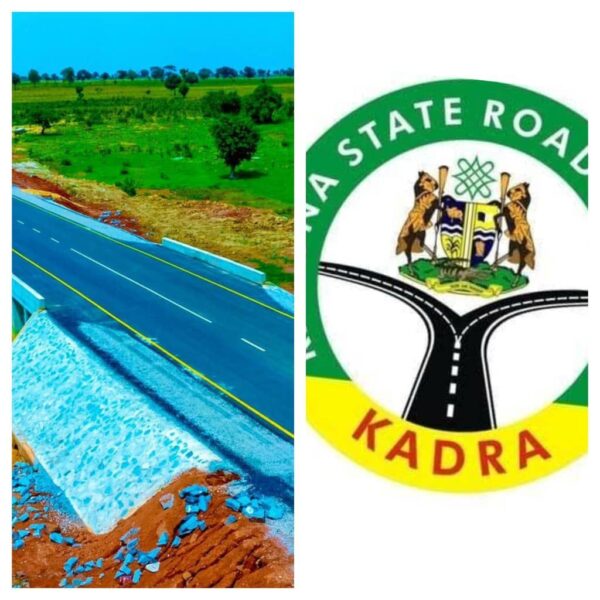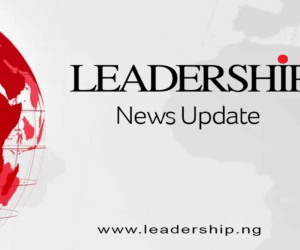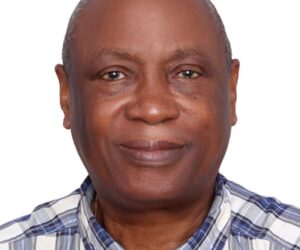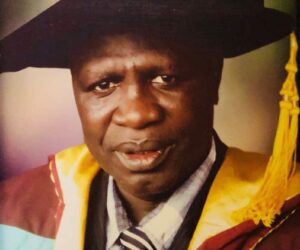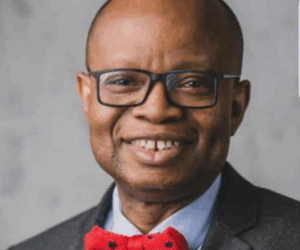While it is important to criticize government where improvement is needed, it is equally right to commend the Kaduna State Government (KDSG) where it is performing well. Regardless of how anyone feels about the administration, it is evident that the Kaduna State Roads Agency (KADRA) deserves recognition for its sustained contributions to road infrastructure development across the state. In a period when citizens demand transparency, accountability, and value for money from public institutions, KADRA operating under Governor Uba Sani stands out as a model of effective, results-driven governance for other agencies in the state.
KADRA’s mandate is straightforward yet ambitious: to construct, upgrade, maintain, and rehabilitate roads and bridges across Kaduna State. As the chief implementing agency of the state’s infrastructure master plan, it continues to make significant progress under its current Managing Director, Dr. Abdullahi Ahmad Baba. Recent assessments by the Arewa Accountability and Action Group, supported by verified data, reveal that KADRA accounts for nearly 70% of the total achievements recorded by the Kaduna State Government under Governor Uba Sani. This remarkable contribution positions it as the best-performing public works agency in the state.
Central to KADRA’s success is its Managing Director, Dr. Abdullahi Baba Ahmed, an experienced civil engineer whose leadership has ensured continuity and excellence in public infrastructure delivery. Despite temporary project delays caused by political transitions and an ill-timed State Assembly probe, KADRA remained focused and resilient, reviving and completing stalled projects for the public good. From Kaduna City to Kafanchan, KADRA’s footprint is unmistakable. One of the most strategic ongoing projects is the Barnawa–Kabala Road, executed by CCECC, a contractor known for quality delivery in Nigeria. Asphalt laying is expected to begin next week, and residents have expressed satisfaction that the state retained the original contractor. When completed, the road will provide a critical additional link between the southern and northern parts of Kaduna metropolis. Equally notable is the Rigasa Road Project, also handled by CCECC, which recently commenced after years of anticipation and is expected to ease congestion and open new economic corridors in one of Kaduna’s most densely populated districts.
Beyond the capital city, KADRA has completed and initiated numerous rural and inter–local government roads, including the Gadan Gayan–Gwaraji–Maraban Kujama corridor, as well as projects in Zango, Birnin Gwari, Kauru, and other underserved areas. These roads are not just physical structures but economic lifelines connecting markets, schools, farms, and homes thanks to Governor Uba Sani’s support and commitment to the agency and its leadership.
Development often comes with displacement, but KADRA has sustained its longstanding policy of compensating affected property owners. Under Dr. Ahmed’s leadership, the agency committed ₦3.5 billion in recent phases to compensate owners and service providers affected by construction across the state. This demonstrates a genuine commitment to ensuring that progress does not come at the expense of the people.
With more efforts to the current momentum, Kaduna may soon witness the completion of the first phase of the Kaduna Urban Renewal Project, which began in 2019. KADRA’s consistent pace gives hope that the vision of a modern, well-connected Kaduna is within reach. This achievement cannot be acknowledged without crediting Governor Uba Sani for supporting a capable engineer and administrator and providing the resources required for KADRA to deliver on its mandate. We hope similar appointments will be extended to other underperforming agencies as part of cabinet and institutional reforms.
As part of strategic infrastructure planning, I appeal to the Governor to increase budgetary allocation for the Kafanchan township roads, the Abakpa Road dualization from Lugard Roundabout, and the proposed Western Bypass originally designed as a Public-Private Partnership (PPP) under a Build, Operate, and Transfer (BOT) model with CCECC, the Federal Government, and the Kaduna State Government. The bypass, intended to begin from Kakau along the Abuja-Kaduna Highway and run behind Gonin Gora, Nasarawa, Kadenden, Rigasa, Mando, up to Rigachikun along the Zaria-Kaduna Highway, would ease traffic, generate revenue through tolling, and open new economic zones, reinforcing Kaduna’s role as a strategic gateway linking Northern and Southern Nigeria.
In addition, I recommend prioritizing the proposed Unguwan Dosa–Rigachikun link road, aligning with the ongoing Malali–Unguwan Dosa road project, to strengthen intra-city connectivity and ease movement within key metropolitan districts. Similarly, the Rabah Road to Hayin Keke corridor should be considered for construction to relieve congestion and create alternative access for residents and businesses in that axis. Furthermore, I urge the Governor to establish an ad-hoc committee or joint task force to collaborate with Hon. Speaker Abbas Tajuddeen’s team to ensure project quality and synergy, particularly on state road projects in Zaria, where quality concerns have been raised.
As citizens and advocates of good governance, we must continue to fact-check, acknowledge, and amplify agencies that deliver real results. Today, KADRA stands as a symbol of continuity, performance, and responsible governance. It is proof that when public institutions work, development becomes visible, measurable, and transformative.

